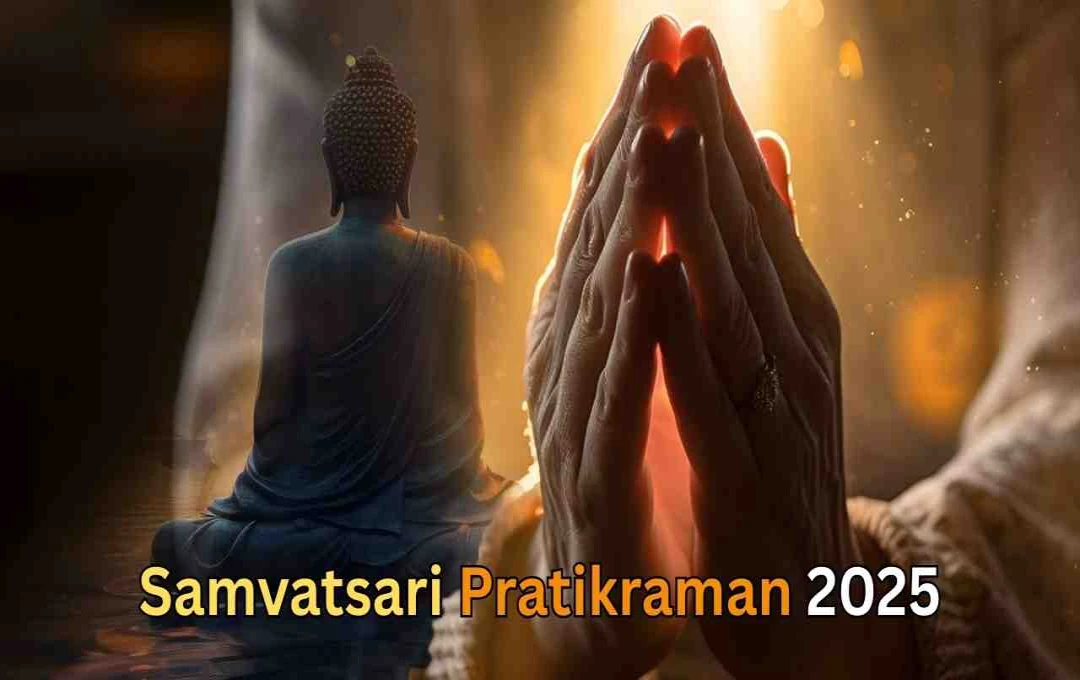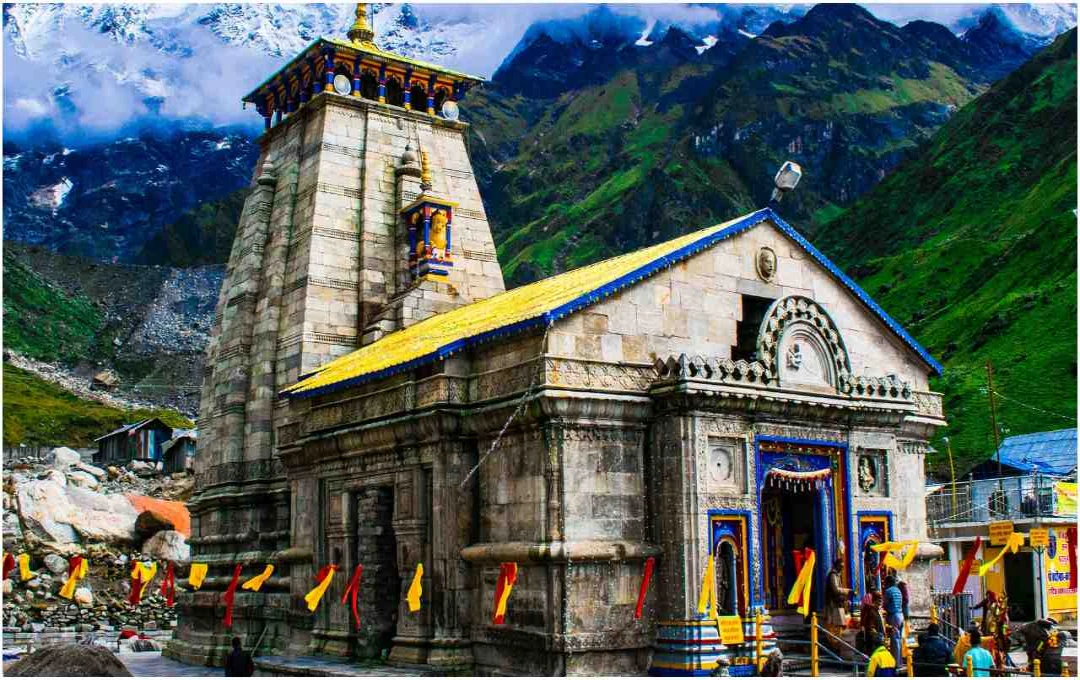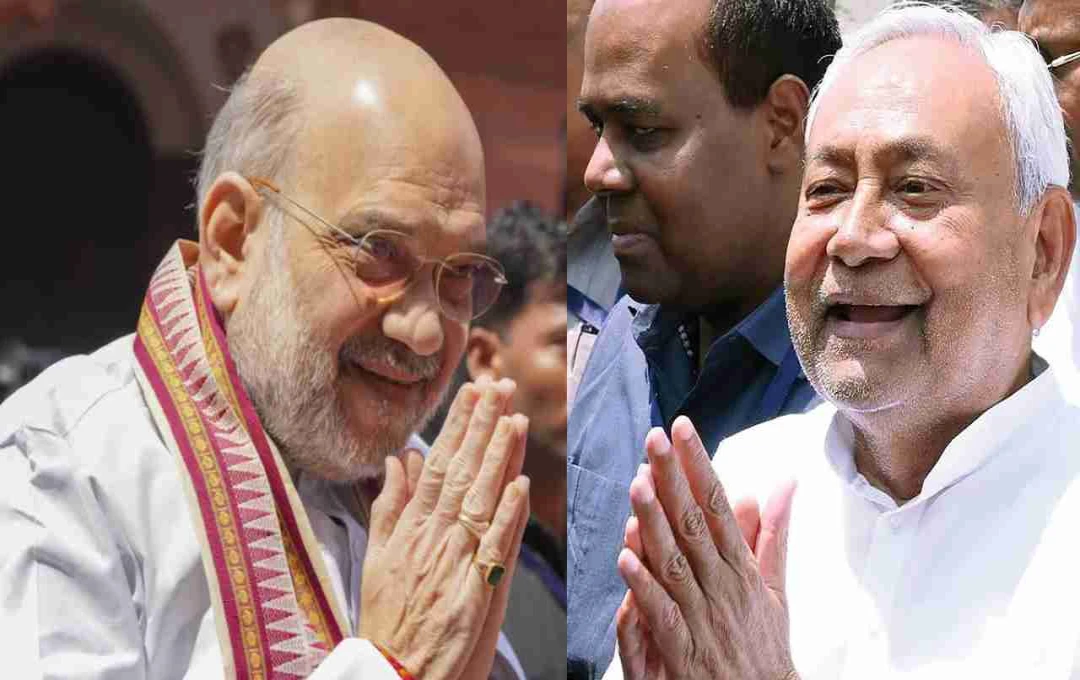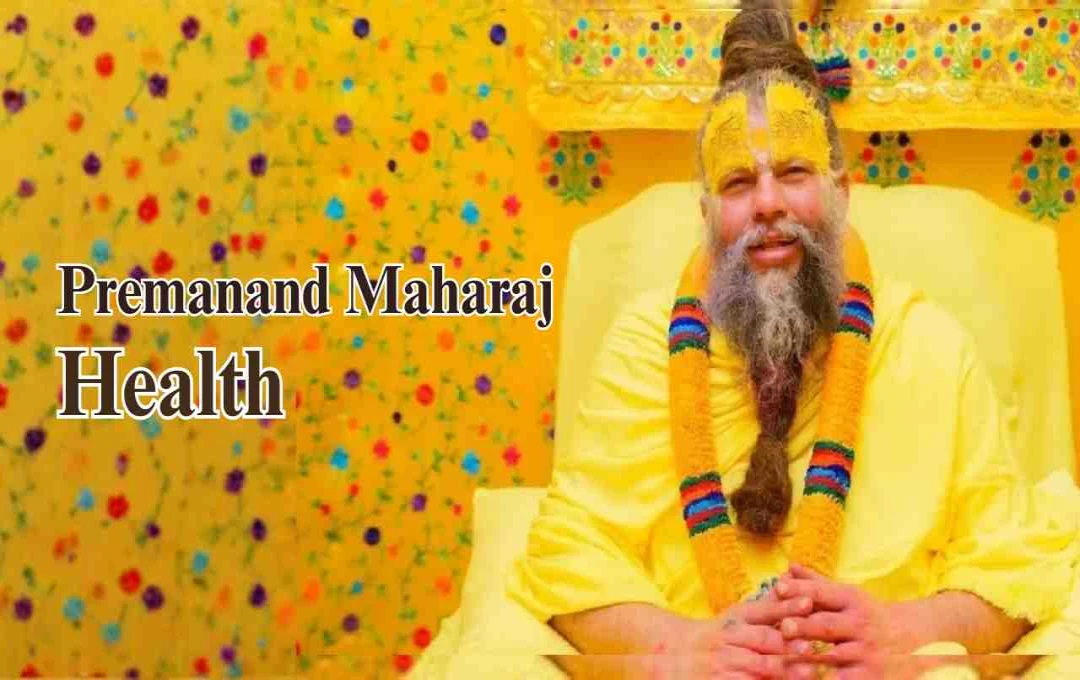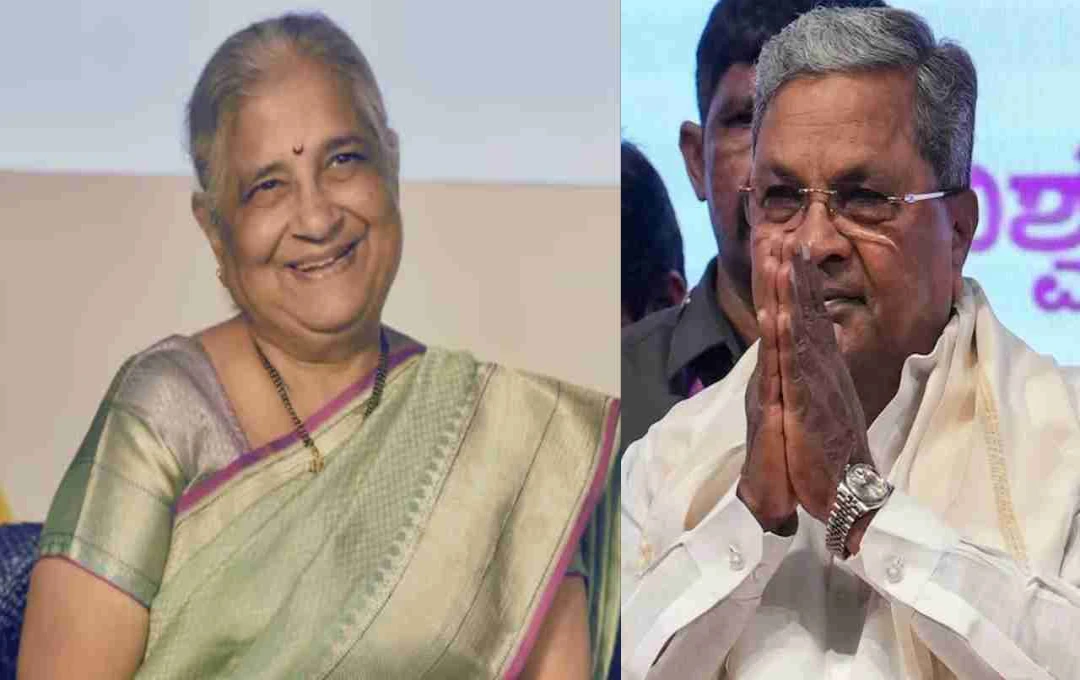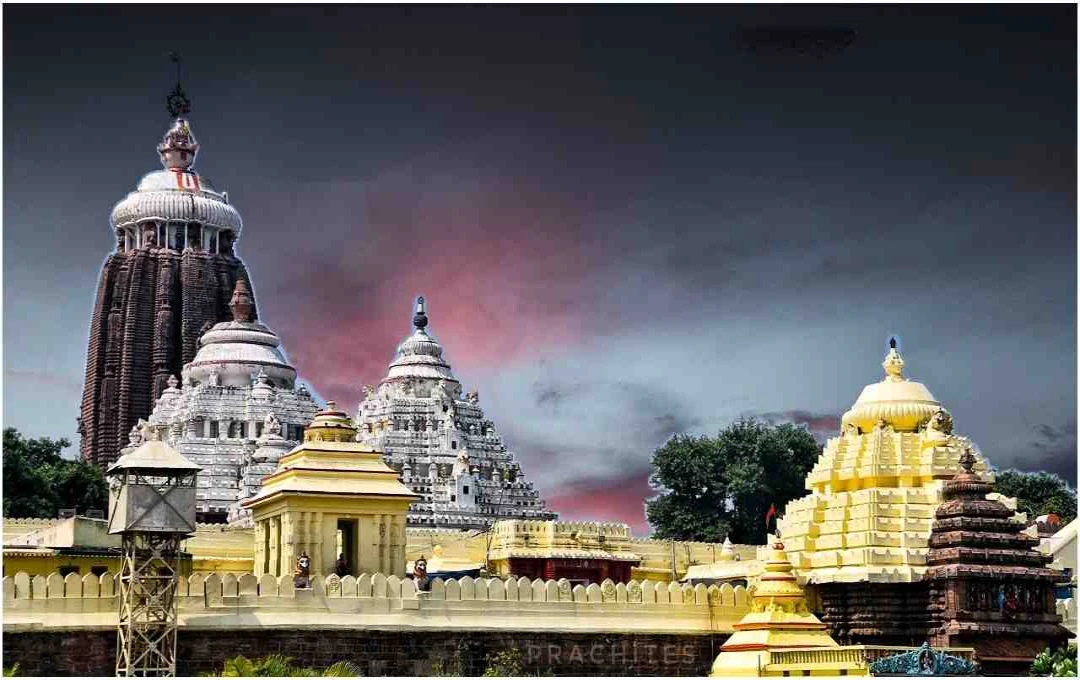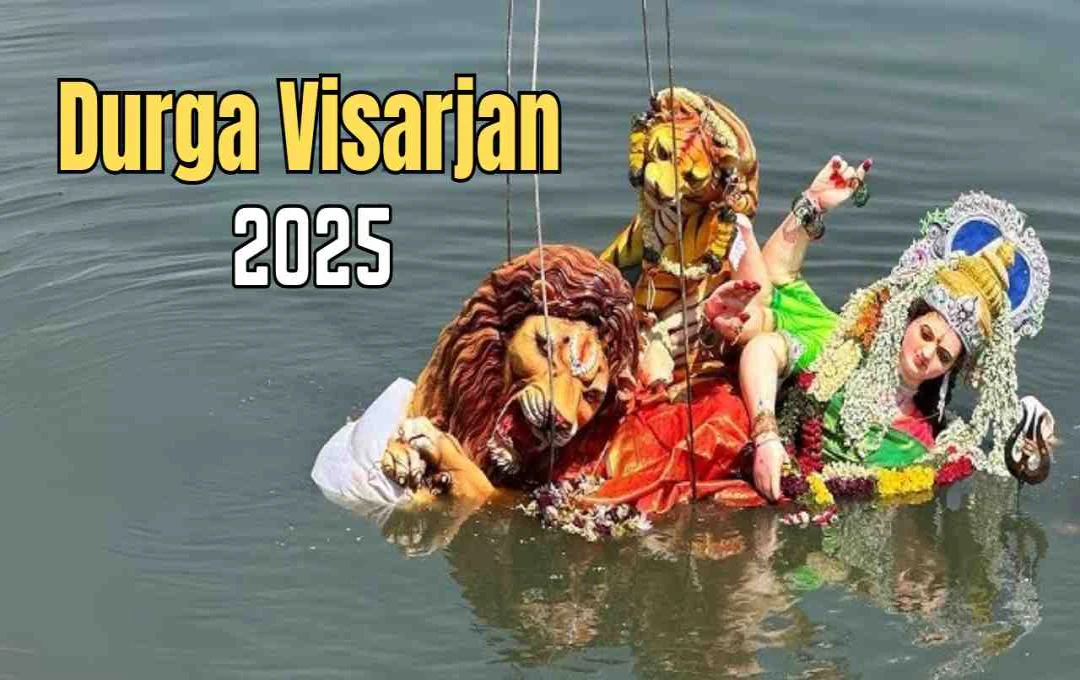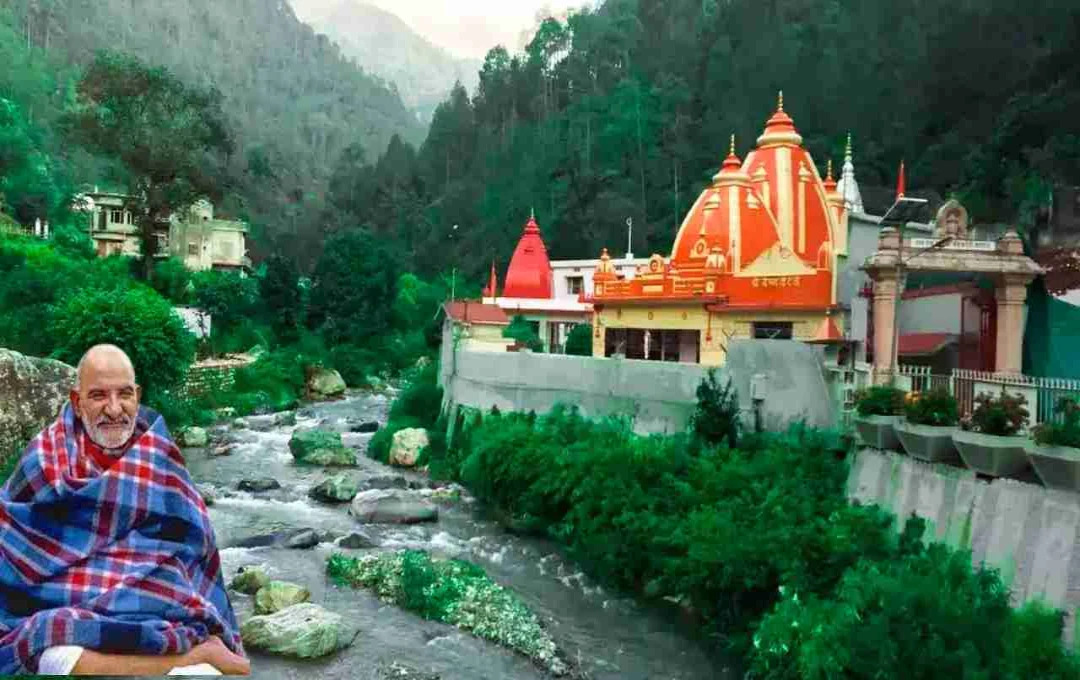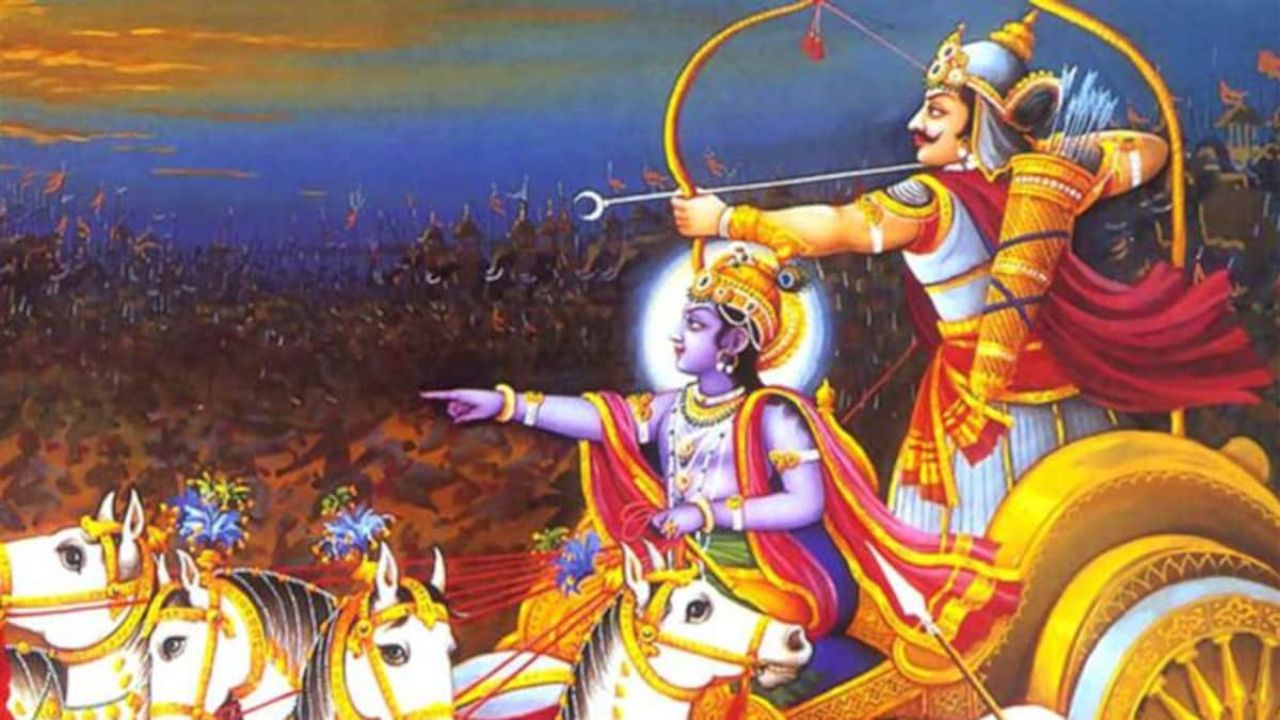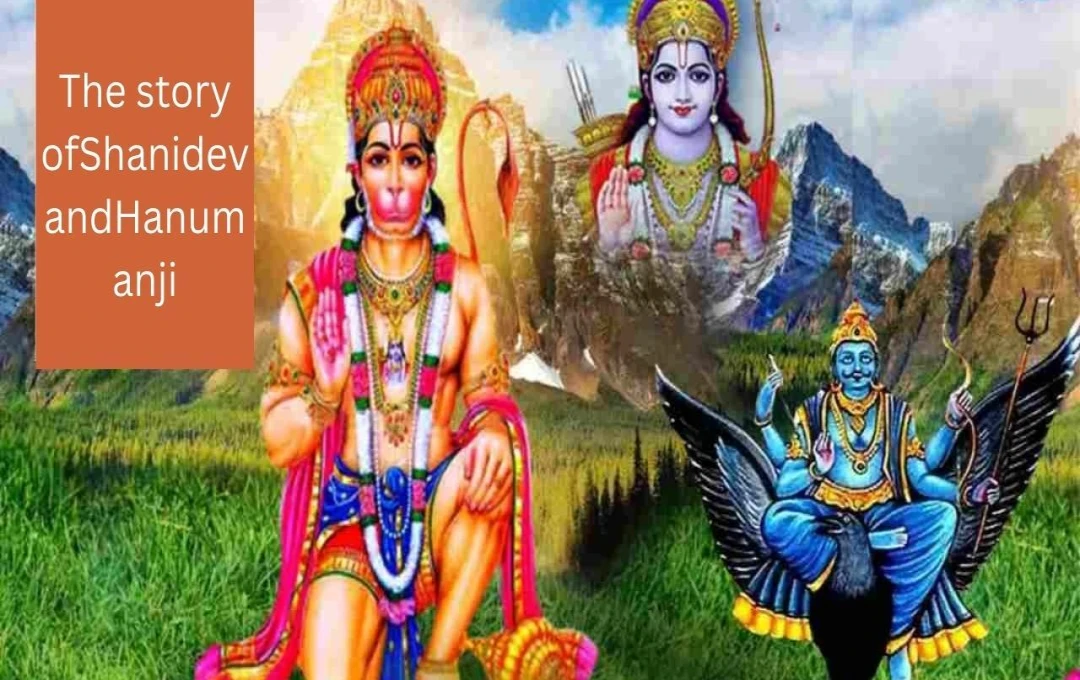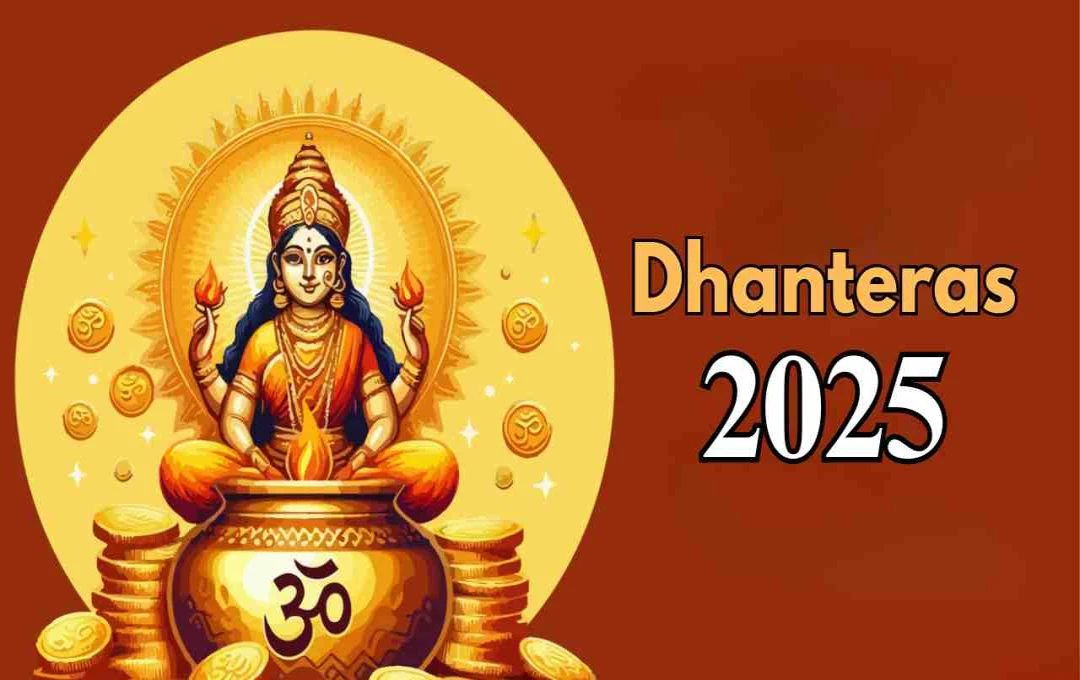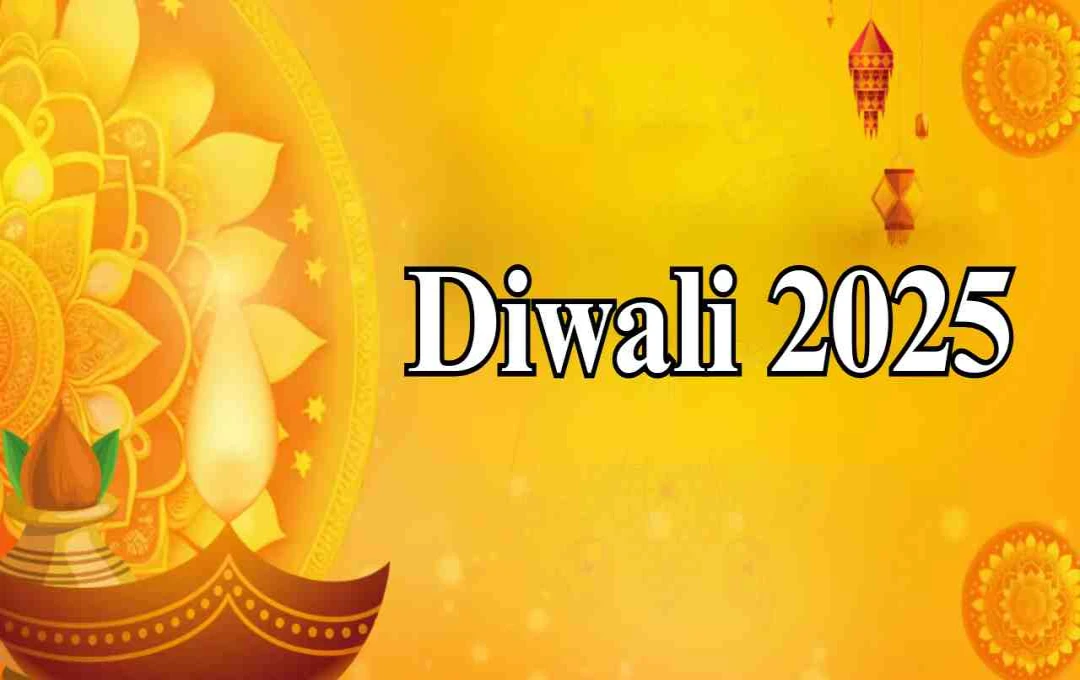Samvatsari Pratikraman is a major annual ritual in Jainism, where devotees perform penance and introspection for the sins committed throughout the year. This festival is celebrated on the last day of the Paryushan Mahaparva and inspires self-purification, forgiveness, and ethical living. Devotees light lamps at temples or homes and recite prayers and the Pratikraman Sutra.
Samvatsari Pratikraman 2025: The significant annual Jain festival, Samvatsari Pratikraman 2025, is being solemnly observed by devotees to atone for their year-long sins and engage in self-reflection. This festival is enthusiastically celebrated across India on the final day of the Paryushan Mahaparva (August 27th in the Shvetambara tradition, September 6th in the Digambara tradition). Devotees light lamps at temples or in a purified space at home, reciting the Logas Sutra and Pratikraman Sutra, admitting their mistakes before their gurus and the faith, and seeking forgiveness. This ritual imparts the message of self-purification, ethical living, and spiritual well-being.
The Annual Ritual of Supreme Importance
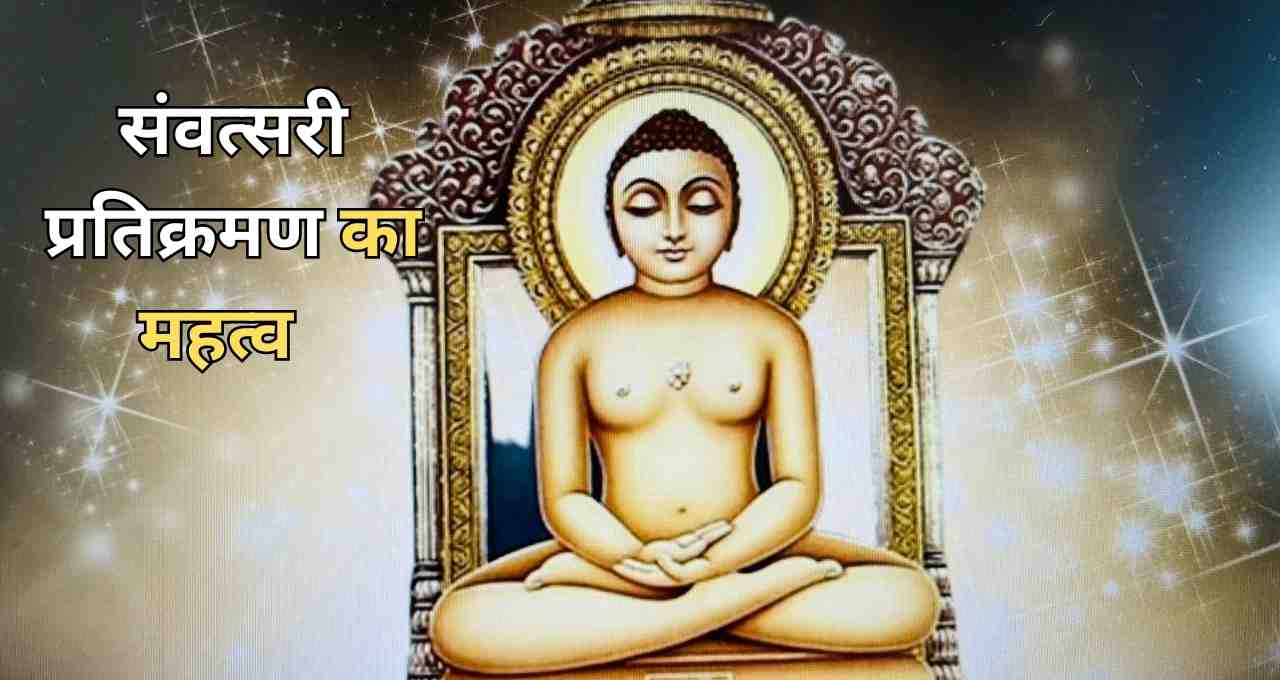
Samvatsari Pratikraman is a primary annual ritual in Jainism, performed by devotees for penance and introspection over sins committed throughout the year. This festival is celebrated on the concluding day of the Paryushan Mahaparva. The Paryushan period lasts for eight days (August 20th to August 27th, 2025) in the Shvetambara tradition, while it is observed for ten days (August 28th to September 6th, 2025) in the Digambara tradition. On this occasion, devotees seek forgiveness for transgressions committed through mind, speech, and action, and resolve to avoid repeating them in the future.
Time and Place for Samvatsari Pratikraman
The ritual of Samvatsari Pratikraman is usually performed in the evening. It is considered auspicious to perform it from after sunset until 8 PM. Devout followers observe fasts and collectively perform Pratikraman at temples or Upashrayas (monastic dwellings). If an individual cannot attend a temple, the ritual can be performed while seated in a purified space at home. It is best to consult your local Jain center or community for the precise timing and methods.
Significance of the Method and Ritual
During Pratikraman, devotees light lamps and, with a calm mind, recite the Logas Sutra, Kayotsarga Sutra, Pratikraman Sutra, and Alochana Sutra. While in the Kayotsarga posture, devotees focus their attention on their soul and practice detachment from the body. During this time, remembering offenses, violence, falsehoods, and possessiveness committed throughout the year, they seek forgiveness for their mistakes before their gurus and the faith. Finally, they take a pledge to all living beings, family, and society – "Michchhami Dukkadam," which is why it is known as the Kshama Vani (Day of Forgiveness) festival.
Spiritual Significance
Samvatsari Pratikraman is not merely an occasion for seeking forgiveness for sins; it is also a symbol of introspection and spiritual purification. This festival inspires Jain followers to lead ethical lives, understand the importance of self-control, austerity, and renunciation, and guides them towards the welfare and liberation of the soul.
